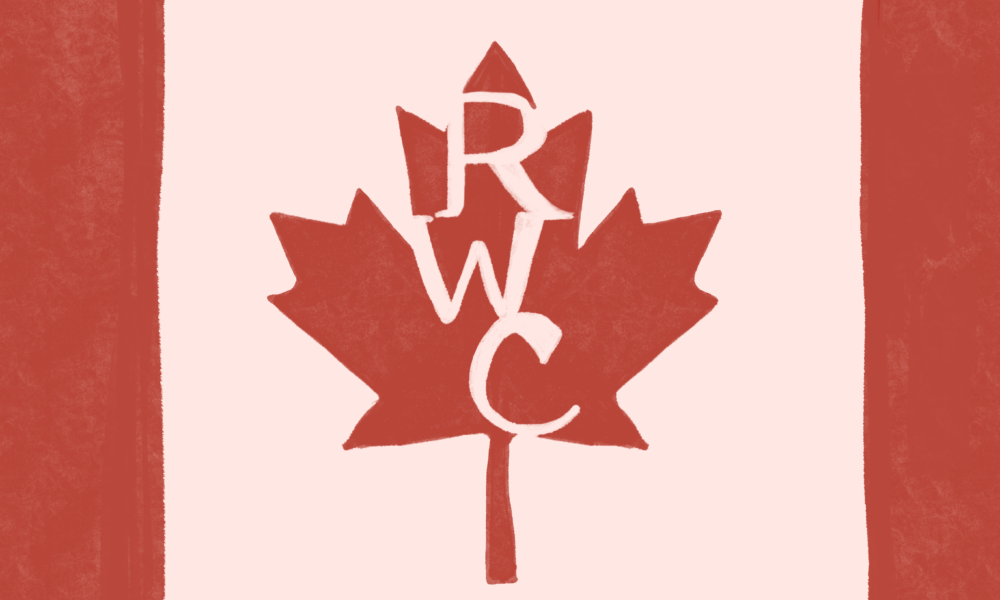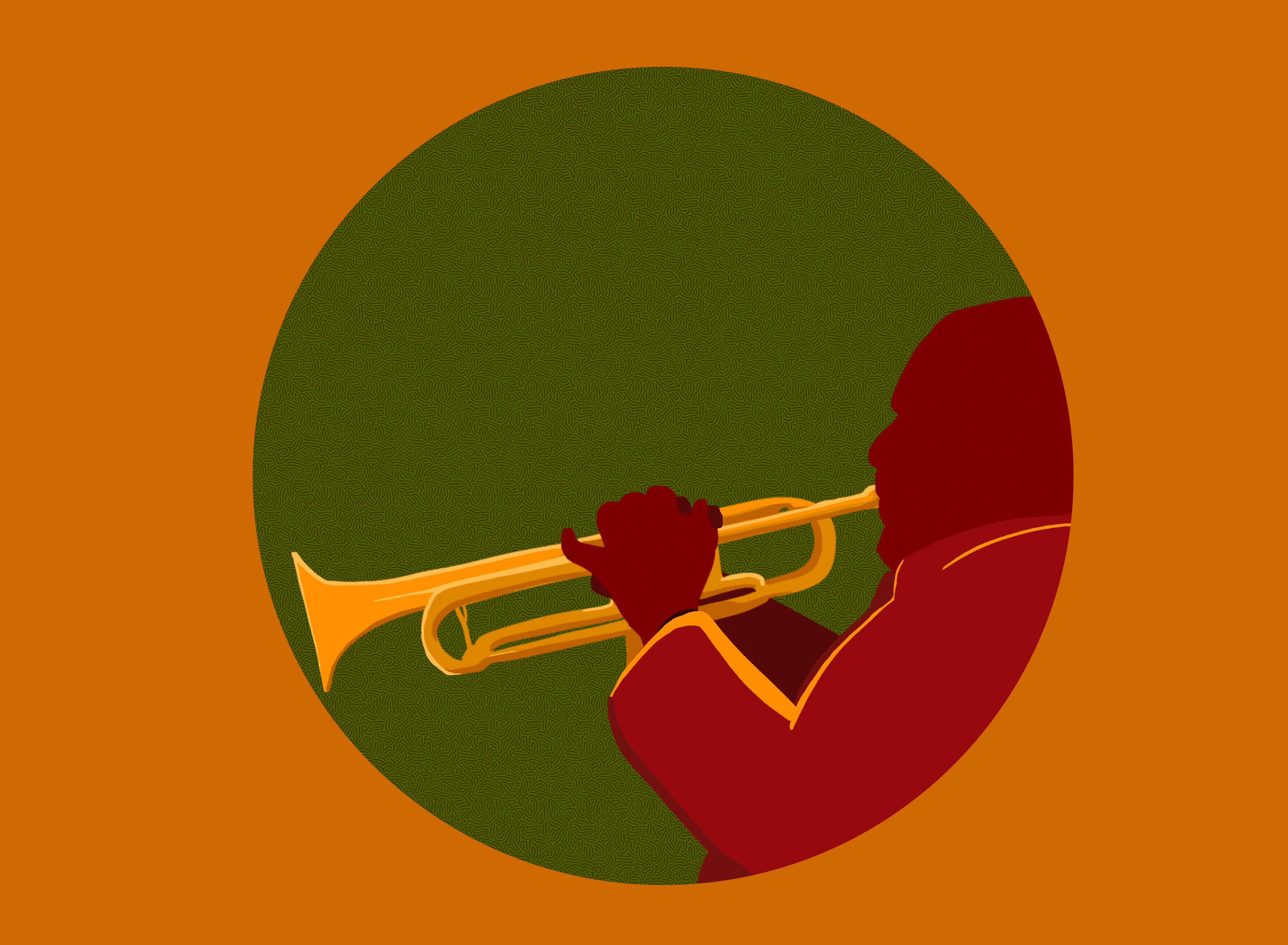Before the Women’s Rugby World Cup Final kicked off on Sept. 27, Canada and England’s women’s rugby squads had already etched their names into the history books. When they walked onto the pitch at Twickenham Stadium in the London suburbs, a sold-out crowd of nearly 82,000 rugby fanatics greeted them with a roar, eager to see the Canadian and English national teams face off for glory. A watershed moment in women’s sport, this tournament was more than a chance to prove which team was the best in the world: It was an opportunity to capture the eyes of viewers across the planet.
The matchup promised excitement at every turn. England’s squad, known as the Red Roses, had not tasted defeat since their loss in the 2022 World Cup final at the hands of the New Zealand Black Ferns. They had made the final in each of the previous six World Cups—which happen once every four years—but were victorious only in 2014. The Red Roses were looking to shake off their 1–5 finals record and turn over a new leaf, elevating them to the status of the undisputed number one team in the world.
Canada, on the other hand, has a much less storied rugby past. They had only made one World Cup final, coincidentally losing to England in 2014. However, they were undefeated throughout 2025 and ranked second in the world. Win or lose, Canada could look back at the 2025 tournament as a whole and take pride in the history they had already made. They guaranteed their best finish ever in a World Cup, and a victory in the final would have been the cherry on top.
Both teams had remarkably similar paths to the final. England started out red-hot, winning all three of their group stage games and out-scoring their opponents 108-17. They saw off Scotland in the quarterfinal, winning 40-8, and survived a test against France in the semi-finals. Canada started their tournament with a bang as well, winning all three of their group stage games including a 65-7 romp over Fiji and a flawless 42-0 victory against Wales. The crowning moment of their tournament occurred in the semi-finals, where the Canadians went up against perennial powerhouse New Zealand. The Black Ferns had not lost a World Cup knockout round match since 1991, and were the two-time defending World Champions.
Powered by Queen’s University Gaels alum and 2022 U SPORTS Athlete of the Year Sophie de Goede, who scored a try and a penalty kick, and made three conversions, Canada pulled off one of the greatest upsets in the history of women’s rugby. They went from fundraising just to attend the World Cup, to being one win away from the greatest achievement in program history. The win against New Zealand proved that Canada can go toe-to-toe with anyone, and should be considered one of the best teams in the world from now on. The victory was more than just a chance to go for the gold—it marked a significant milestone and turning point for women’s rugby in Canada.
In the final, Canada got off to a quick start, with wing Asia Hogan-Rochester scoring a try in the opening five minutes of the game to make it 5-0 in favour of the Canadians. However, England struck back with tries from Ellie Kildunne, Amy Cokayne, and Alex Matthews before the thirty-minute mark. Successful conversions on all three tries left Canada facing a 21-8 deficit at halftime. England’s proficiency in the scrum and staunch defence proved to be too much for Canada, and the Red Roses triumphed 33-13 to cap off an unheralded run of 33 games unbeaten.
Despite the defeat, Canada’s players and fans should be immensely proud of the team’s efforts. While they may not have had the fairy tale ending they were hoping for, the World Cup solidified Canada as a rugby powerhouse for years to come and represents a new chapter in the story of women’s sport in Canada.









